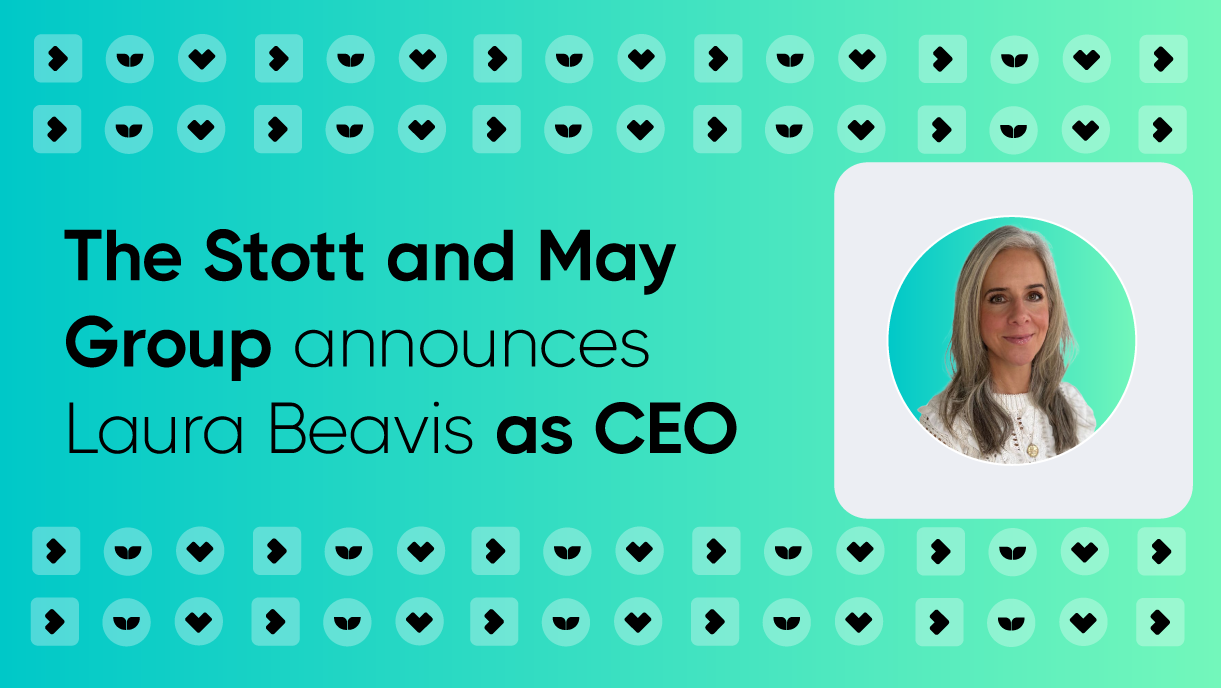Choosing a Vice President of Sales is a crucial hiring decision for any organization, particularly for a business in its early stages. However, finding the ideal candidate for this critical role is no simple task. The process involves navigating nuances, considering a broad range of backgrounds, and, unfortunately, a lot of room for mistakes!
The right hire can streamline your growth trajectory, align your organization with the right ICPs, boost revenue by multi-millions in ARR, and potentially increase your valuation tenfold. On the other hand, the wrong hire can send all of this in the wrong direction, wasting precious time in scaling your business and capitalizing on market demand. With intense competition and rapid pace, today's job market adds another layer of complexity. Striking a balance between thorough selection and speedy hiring is essential - your process needs to be as fast as possible to ensure you're getting all the high-quality candidates.
While the process will be unique to each organization, there are a few key things that every CEO and VC can use to qualify the right hire. Skip ahead to:
- Leadership: Skills, background, and experience
- Financials: Proven track record of prior success
- Product: Market fit and experience
- Additional resources for building exceptional GTM teams
Key aspects to keep in mind when hiring your VP of Sales
Here, we'll dive into 3 areas you can qualify your hire on, along with some high-level questions you need to consider to make that hire the right one. Depending on your stage and goals, the more specific you can be, the better placed you'll be to make the right decision. When tailoring questions, focus on aspects that are unique to your business. Think about your selling motions and the qualities the VP of Sales will need to support this successfully, and your current territories as well as any plans for expansion into new markets.
1. Leadership skills
- What are your leadership methodologies, and what structures of organizations have you led?
- What does an ideal sales culture look like to you?
- What quantifiable metrics are associated with growth in the organizations you've led?
- What would you focus on in your first 30/60/90 days, and what do you intend to accomplish?
- What are the smallest and largest teams you've built or managed? (Dig to understand their role in building vs. managing - as these are two very different things.)
2. Financials (Quota/Revenue Growth)
- What is the direct, quantifiable success you've seen in previous leadership engagements?
- What specific actions lead to increased revenue?
- What sales metrics do you analyze daily/weekly/monthly?
This is about the facts: you want someone who can confidently put a dollar sign on their impact on previous businesses. That's the beauty of hiring experienced salespeople - it's black and white on who got the job done and who didn't. The numbers you'll want to see will depend on factors such as stage, market segmentation, customers, product, etc. Have a clear idea of what you want to achieve 12-24 months out and align as closely as possible.
3. Product/Market Compatability
- Do you have experience selling into the same or similar market?
- Do you know their buyer persona, sales cycles, and procurement challenges?
- What makes selling in [your market] different from other sales environments?
This is about identifying who can quickly grasp the 'value' of your product and understand your customers. This is why people hire from competitors: it's strategic for a swift ramp to understanding clients, where to find them, speaking their 'language,' understanding your tech, and presenting that value proposition in their sales motions. The further you deviate, the more time you should expect for them to become an expert in your field.
In summary
Knowing what you're looking for before you start is essential for making the process as swift and smooth as possible. While there are a number of additional qualifiers and nuances to making a successful hire, using these three points as a starting benchmark will help you find a great hire who is genuinely right for your business.
More on building successful GTM teams
- Want to discuss the specific hiring challenges associated with building effective, successful GTM teams? Find out how we're helping hiring managers and talent teams connect with world-class talent.
- Learn how to attract the best B2B sales talent in just 7 steps here.






